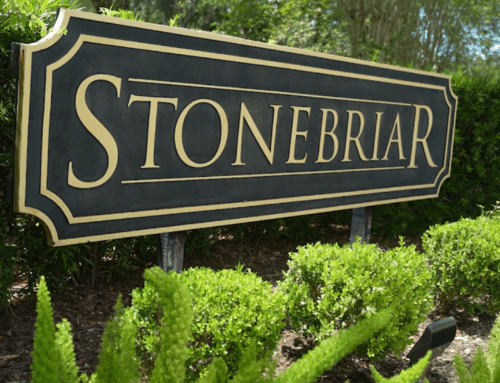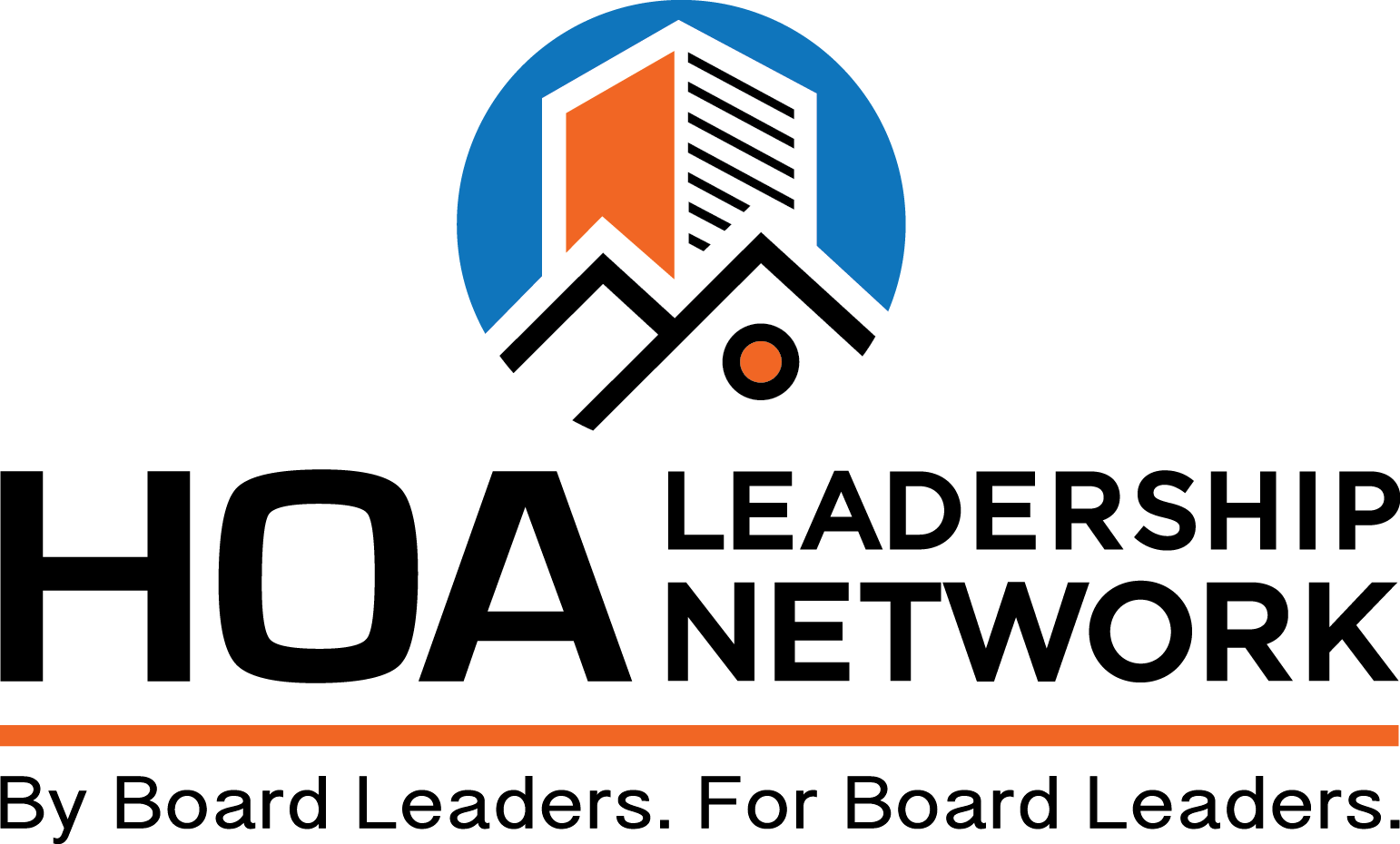For the past few years, hearing anything about HOAs in the Minnesota State Legislature was hard to come by. I had a conversation with a state representative at a coffee meeting about a year ago in the south metro, and after listening to me rant about rising HOA insurance, he looked at me with puzzlement and asked, “What does HOA stand for?” Such was the extent of HOA focus in St. Paul.
Fast forward to 2025. Buckle your seatbelts. The attention that HOAs are getting is coming fast and furious, and as we’ve been reporting on this blog and in chapter meetings, it is not all good.
One of the more peculiar pieces of legislation is SF1063, which seeks to establish a liaison (referenced as an “ombudsperson”) to serve as a go between with HOA residents and associations. One can easily predict the outcome for the poor sap who takes on that role. The sheer volume of frivolous requests and complaints are sure to quickly overwhelm the ombudsperson, whoever he or she may be. It’s going to be a bumpy ride. We previously blogged about this issue.
Community Associations Institute posted their own blog (below) on the bill and it gives a good explanation of why we are largely not in favor at the network. While this bill is likely the least egregious of all the legislation that is being thrown against HOAs from St. Paul, it still puts HOAs in a very awkward and demeaning position. If you’re so inclined, please reach out to your elected officials and ask them to reconsider.
FROM CAI MN
CAI Minnesota Legislative Action Committee (MN LAC) needs your help! SF 1063 Common interest community ombudsperson creation, if enacted, would establish a community association ombudsman program which would supersede your community’s operations and ignore your established dispute resolution procedures!
SF 1063 does not provide a fair and neutral process to adjudicate community association disputes. The stated purpose of the proposed bill is to “advocate on behalf of unit owners and compile complaints against common interest communities made by unit owners.” That description fails to reflect the fundamental purpose of an ombudsperson, which is to act as a neutral third party that serves the interests of all stakeholders in a community.
Complaints in associations are often the result of uncooperative homeowners who fail to follow the covenants, restrictions, and rules that they agreed to abide by when they moved into the community. Their actions have a negative impact on their neighbors, who generally benefit from policies adopted by the rest of the community.
SF 1063 adds unnecessary complexity to dispute resolution processes within a community, including bureaucratic red tape and expenses that will need to be addressed by all stakeholders. Under these circumstances, a resolution becomes much harder to achieve.
CAI studied the ombudsperson programs that currently exist in the United States and found that they have, at best, a mixed record in support of homeowners living in community associations. Many ombudsman offices can’t offer much to parties complaining about their community association and instead become the repository of negative anecdotes.
MN LAC believes the legislature should focus on empowering individuals to solve problems within communities rather than forcing the state to intervene. Nearly all issues and concerns can be easily resolved through the process already outlined in an association’s governing documents.
Please, OPPOSE SF 1063, and promote a fair dispute resolution process for all stakeholders involved.






Thank you for the useful information. I appreciate it.